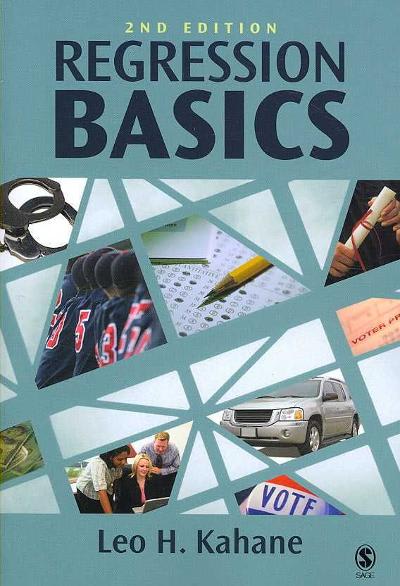Question
Review the Ethical Dilemmas Worksheet in the Learning Resources, which contains ethical dilemmas a professional behavior analyst might face. Prepare to analyze and respond to
Review the "Ethical Dilemmas Worksheet" in the Learning Resources, which contains ethical dilemmas a professional behavior analyst might face. Prepare to analyze and respond to the ethical dilemmas.
For each of the 5 dilemmas on the "Ethical Dilemmas Worksheet," answer the following questions:
- What is the problem?
- Which ethical code(s) pertain to the problem?
- How would you handle this dilemma and why?
1. Laura has been working as Josh's behavior analyst for many years. During the past six months, Josh has developed some moderate to severe self-injurious behaviors (SIBs). He now has a lump on his forehead from head-banging and open sores on his arms from scratching. Laura has followed all the procedures for best practice, beginning with a medical assessment, a functional analysis, and a function-based approached to treatment. However, Josh's behaviors have increased in rate and intensity. Laura has re-assessed and made modifications to the behavior intervention plan several times, but no intervention seems to be working. Laura is feeling unsure about what to do next with Josh and is considering the use of aversive procedures, including the possibility of using electric shock.
2. Susan is a behavior analyst who works with children diagnosed with autism spectrum disorder (ASD). Her best friend has a four-year-old child recently diagnosed with ASD. The friend has sought help from a local therapist who advertises herself as an autism expert. The therapist does not have a background in behavior analysis and her methods are not validated by research. Susan has tried to explain this to her friend, but the friend has been told by a parent at her child's preschool that this therapist is great and has a 100% success rate. After being told by her friend how the therapist is misguiding the child's treatment, Susan has had enough and begins giving the friend her professional opinion. The friend is open to Susan's advice and begins to call on her more to consult. Susan realizes her friend needs more than just advice and considers developing a home- based program for the child. A colleague warns Susan to consider the ethics of what she is doing with her friend.
3. Matt works for a public school as a behavior analyst. The school employs several behavior analysts and has ASD classrooms for children who would otherwise require a more restrictive environment. Many students at the school engage in dangerous behaviors, including aggression and SIB. It is not uncommon for students to be held in restraints or placed in seclusion. The school has provided training for these procedures and oversees their use with the required documentation and reporting per the state laws. Matt recently observed a student (not one of his clients) placed in seclusion without continual visual monitoring. He approached the student's behavior analyst about it and was told the monitor was called away to another crisis. Matt responded that he was uncomfortable that students may hurt themselves in seclusion if they are not visually monitored at all times. The behavior analyst said it was out of her control. Matt then went to the school administration, and they said there was nothing they could doit was a staffing issue that will not be resolved for several months.
4. Mona is a behavior analyst in training and is seeking supervision for her fieldwork at her place of employment. She is told that all supervisors are maxed out with supervision and have no available slots. She approaches Kathy, a board-certified behavior analyst (BCBA) with whom she works closely and asks if there is any way an exception to the caseload max could be made so that she could take her on. Kathy says she can make an exception under one conditionMona would have to serve as her Saturday night babysitter for the duration of supervision.
5. Carolyn, a BCBA working in a practice with several other behavior analysts, all BCBAs or BCBADs, has a client whose parents are going through a nasty divorce. She learns that another BCBA in the practice has accessed the records for this client and released confidential information about a client to an attorney working with one parent without a signed release or court order. After the psychologist reviews the information presented, it is clear to the treating psychologist that the other psychologist breached confidentiality. What should Carolyn do?
Step by Step Solution
There are 3 Steps involved in it
Step: 1

Get Instant Access to Expert-Tailored Solutions
See step-by-step solutions with expert insights and AI powered tools for academic success
Step: 2

Step: 3

Ace Your Homework with AI
Get the answers you need in no time with our AI-driven, step-by-step assistance
Get Started


